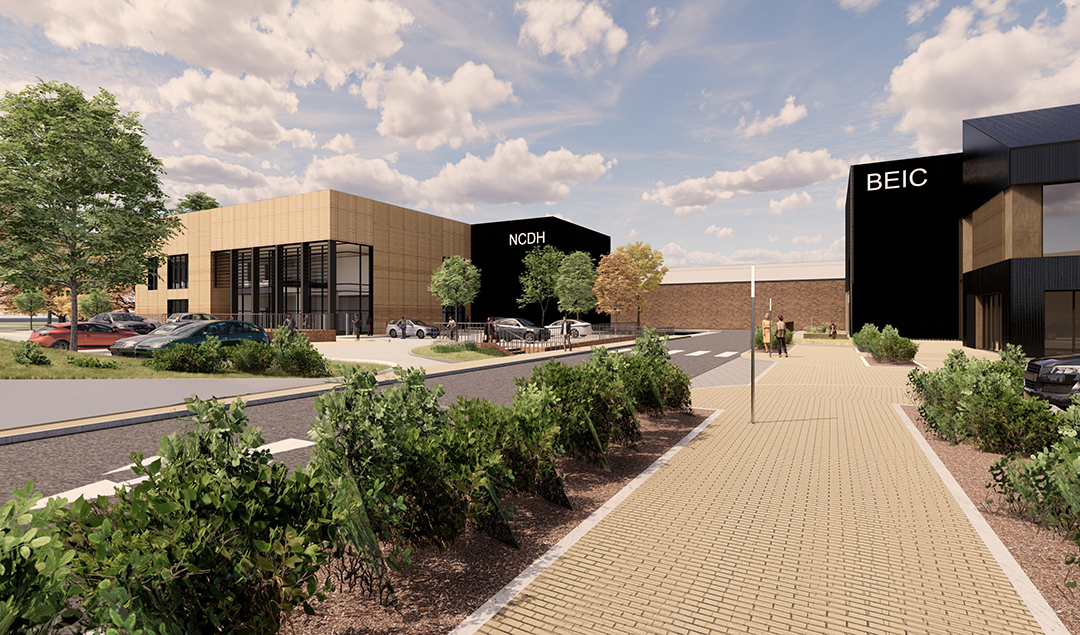The decarbonisation of heat is the major energy challenge that the UK faces over the coming decades and for the West Midlands region, this presents a major opportunity. Britain has committed to achieving net-zero by 2050, but the climate crisis has a habit of imposing ever-tighter deadlines. It may turn out that we need to convert all of Britain’s housing to low-carbon heating and high-spec insulation in 20 years or fewer. In any event, it is an enormous challenge.
There are 26 million homes in the UK and the vast majority will need new heating appliances. Moreover, the building stock typically has very poor thermal efficiency, or insulation, and hence will need that insulation upgrading. The solutions for new types of heating system will be heat pumps, which use electricity to pump heat from outside the house to in; either from the air or the ground. In some places it will be possible to burn hydrogen gas rather than methane in new boilers. There will also be the opportunity for district heating schemes, which capture waste heat from industry, for example, and distribute it to homes and larger buildings. The scale of infrastructure required to decarbonise heat by 2050 is massive and the electrical demand of heat pumps will in many places not only exceed what the national electricity grid will supply, but the local grid as well.
Net Zero: The Road to Low-Carbon Heat
A University of Birmingham and CBI Policy Commission Report, published in 2020, recommended the establishment of an independent, time-limited, impartial body that will work with government on creating, coordinating and delivering an overarching NDB to decarbonise transport, industrial emissions reduction, decentralising electricity supplies, and to support local energy plans devised by local authorities.
The Road to Low-Carbon Heat policy commission report (PDF)
Proposed by the University of Birmingham, the Manufacturing Technology Centre, Energy Systems Catapult and the Energy Research Accelerator, the West Midlands based NCDH would enable the rapid scaling up of manufacturing, skills and deployment of heat solutions, all necessary to meet carbon reduction targets.
A Living Lab

The NCDH Building Integration and Living Lab unit will provide the capability to test and demonstrate energy innovations, market arrangements, policy and regulations with real consumers – as we move towards a Net Zero carbon future. It will also help address the challenges of retrofitting new products into existing building stock. The agile and scalable approach to building the unit lends itself to responding to the dynamic nature of heat decarbonisation and future industry needs, and could potentially be part of a larger, more extensive, place specific retrofit programme.